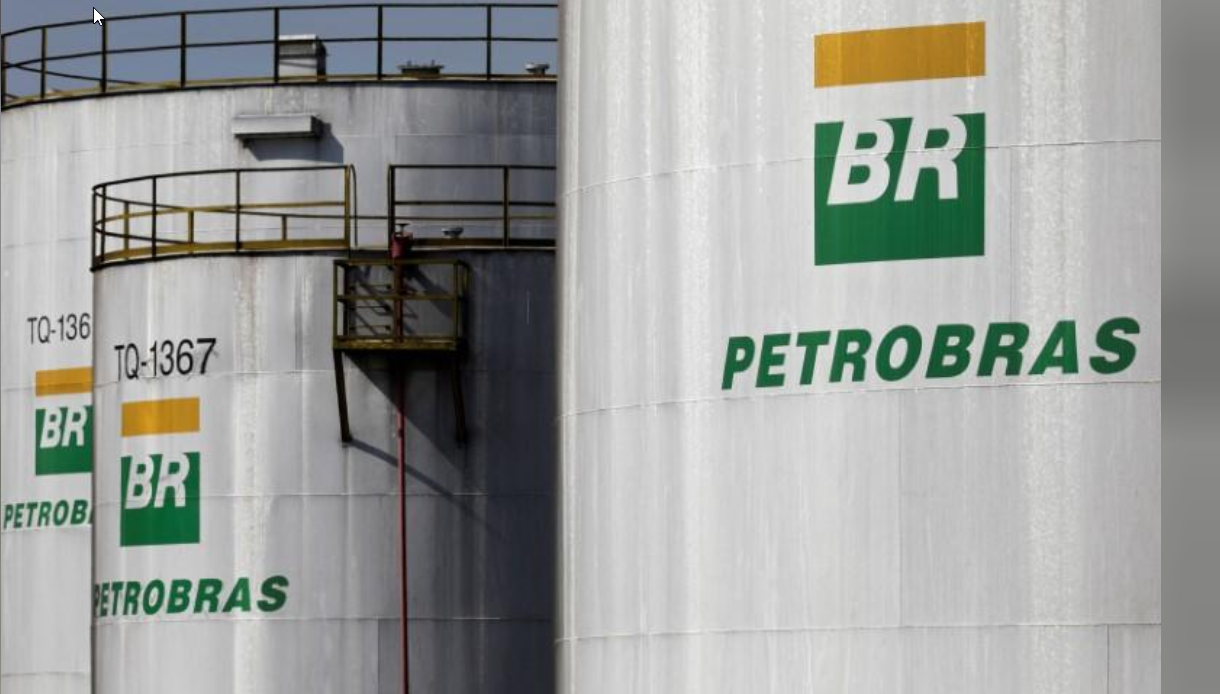(Reuters, 6.Sep.2018) — Brazil’s state-run oil company Petroleo Brasileiro SA on Thursday unveiled a hedging program for gasoline prices in a bid to boost pricing flexibility and protect its financial results during times of high volatility.
Petrobras, as the company is known, said in a securities filing the program would allow it to change the frequency of pricing adjustments in the domestic market, keeping them stable for up to 15 days at a time.

Petrobras will buy gasoline futures in U.S. markets as part of the program, said Chief Financial Officer Rafael Salvador Grisolia at a news conference. He said the policy would go into effect immediately.
The company would only keep prices on hold for two weeks at a time during times of volatility in international markets and would keep daily pricing adjustments as an option, he said.
Preferred shares in Petrobras were down 0.4 percent in mid-morning trading in Sao Paulo, at 18.59 reais, whereas the benchmark Bovespa index was up 0.2 percent.
Itau BBA analysts said there is uncertainty around “how the strategy will be employed”, as the structure of hedge positions while prices are frozen is unknown. Gabriel Francisco, analyst at XP Investimentos, said the hedging policy is negative, as “it may be interpreted as a setback to a market-based pricing policy”.
The move comes after a truckers’ strike over rising diesel prices paralyzed Latin America’s largest economy in May and forced unpopular President Michel Temer to cut diesel costs through a mix of tax breaks and subsidies.
The tumult prompted Petrobras’s chief executive officer to resign and raised fears of government meddling in pricing, which has cost Petrobras billions of dollars in the past. Petrobras has not yet been compensated for the subsidies that took effect in June.
In the meanwhile, there has been speculation over whether the company will face pressure to lower gasoline prices, which have climbed internationally as oil prices have gained ground.
Petrobras said on Thursday it was still committed to allowing gasoline prices to fluctuate in line with international markets and the exchange rate.
It also promised to uphold a policy, in effect since October 2016, of not pricing the fuel below international parity.
Reporting by Marta Nogueira, Alexandra Alper and Paula Laier; Editing by Bernadette Baum and Alistair Bell
***